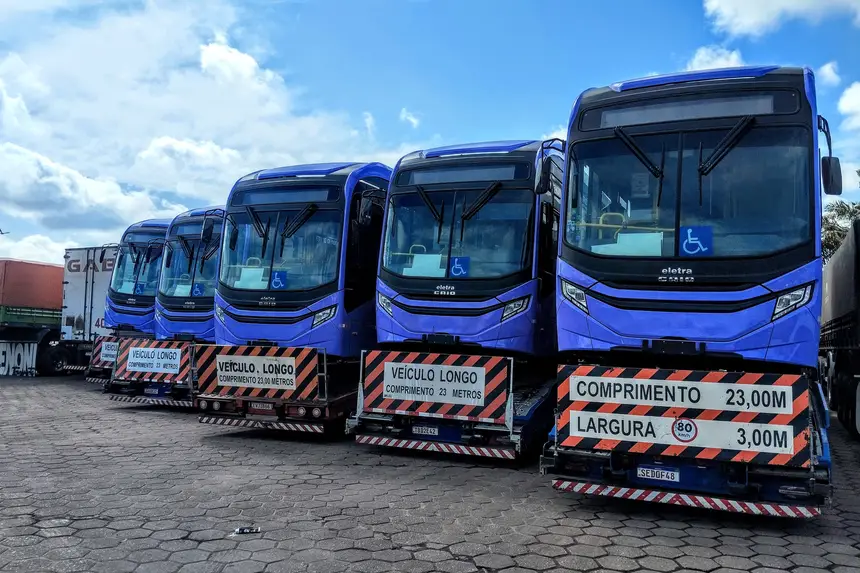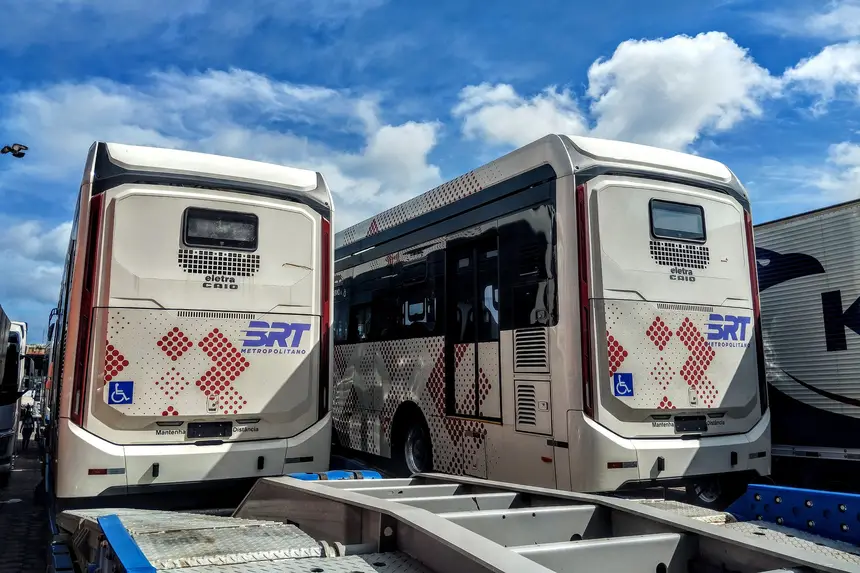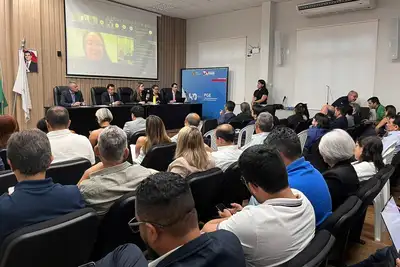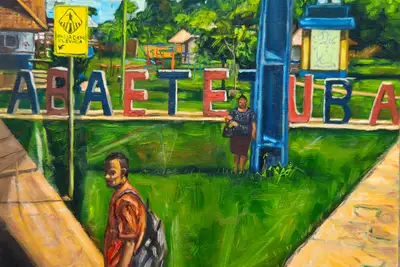Metropolitan BRT receives ten more electric buses and completes sustainable fleet
Clean mobility solution advances in the Metropolitan Region and strengthens Pará's environmental commitment

Ten more electric buses have already arrived in Belém, completing the delivery of the 40 vehicles with zero-emission technology planned for the Metropolitan BRT System. The new shipment marks another advance in the transition to more sustainable urban mobility in the Metropolitan Region of Belém, led by the Government of Pará.
According to the General Director of the Regulatory and Control Agency for Public Services of the State of Pará (Arcon), Eduardo Ribeiro, the new phase represents the conclusion of a strategic delivery for the operation of the system. “With the arrival of these ten buses, we have completed the 40 electric vehicles planned, already with their chargers installed. In total, about 230 buses are already in Belém. With the operation starting, these vehicles will be available to the population that depends on the largest urban mobility project in the region in recent years,” he stated.
In total, the Metropolitan BRT will have 265 buses, of which 40 are electric and the other 225 are equipped with Euro 6 engines, which emit 15 times fewer pollutants than the older models still in operation in Greater Belém. The fleet renewal contributes to improving air quality, reducing heat islands, and promoting more comfort in public transport, directly impacting urban well-being.
Sustainable transport in the spotlight - According to the Financial and Tariff Control Director of Arcon, Claudio Conde, this is one of the largest electric metropolitan public transport fleets in the country. “This is extremely important because, in a COP year, we are making a significant contribution in terms of emissions. Not only because of the electric vehicles, whose recharging has virtually zero environmental impact from an energy matrix perspective, but also because all the other buses, which are diesel, have Euro 6 engines,” he explains.

In addition to the environmental impact, the new system will enable direct improvements for passengers. With exclusive corridors and feeder lines, travel time will be reduced and the cost of the trip may be lower. “A person living in Santa Bárbara and studying at UFPA, for example, will be able to make this journey with a single ticket, integrating feeder lines and the BRT corridor. This represents savings and agility in daily life,” details Conde.
Arcon will be responsible for the regulation, control, and oversight of the new system, with on-site and real-time monitoring through monitors, indicators, and field teams. Benefits such as fare exemptions and discounts will be maintained. “The current rules remain in effect, so the passenger will not lose the benefits they have today. The rest are legislations that will fine-tune this regulation, all for the benefit of the user, aiming for an ever-greater integration with other systems that are already implemented,” concludes Claudio Conde.









